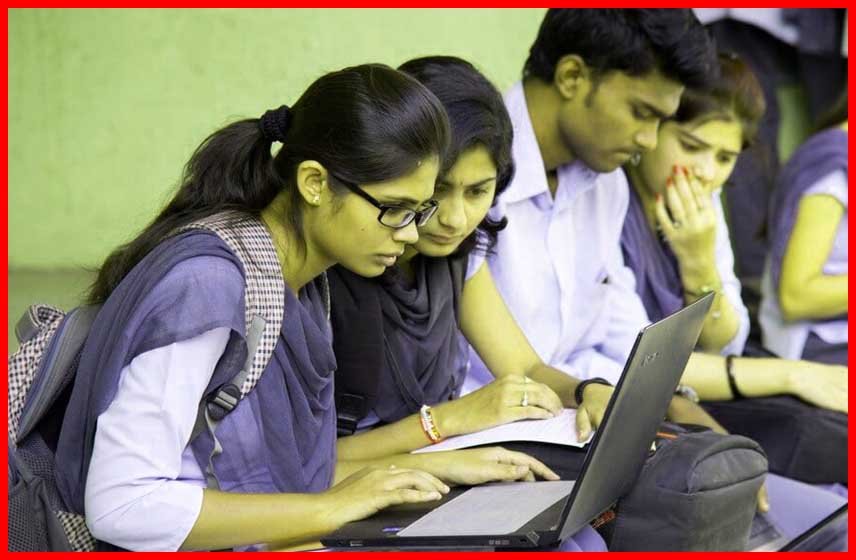Central Cabinet approves New Education Policy 2020, check the changes here
The Cabinet Ministry of India has approved the New Education Policy 2020. The Education policy has been changed after 34 years. The remarkable things about the new education policy are as follows:
5 Years Fundamentals
1. Nursery @ 4 Years
2. Jr KG @ 5 Years
3. Sr KG @ 6 Years
4. Std 1st @ 7 Years
5. Std 2nd @ 8 Years
3 Years Preparatory
6. Std 3rd @ 9 Years
7. Std 4th @ 10 Years
8. Std 5th @ 11 Years
3 Years Middle
9. Std 6th @ 12 Years
10.Std 7th @ 13 Years
11. Std 8th @ 14 Years
4 Years Secondary
12. Std 9th @ 15 Years
13. Std SSC @ 16 Years
14. Std FYJC @ 17Years
15. STD SYJC @ 18 Years
Important things:
There will be board in 12th class only.
4 years of college degree.
No 10th Boards
MPhil will also be closed.
(In institutes like JNU, 45 to 50 years old students stay there for many years and pursue MPhil. All these debauched leftist ideologues will now be removed from the institute). Now students up to 5th will be taught in mother tongue, local language and national language only. The rest of the subjects, even if they are English, will be taught as a subject.
Now just have to take board exams in 12th standard. Whereas earlier, it was mandatory to take the 10th board exam, which will not happen now. Examination will be done in the semester form from 9th to 12th class.
Schooling will be done under the 5 + 3 + 3 + 4 formula (see table above).
College degree will be 3 and 4 years old i.e., a certificate will be given on the first year of graduation, diploma on the second year, degree in the third year. 3-year degree is for those students who do not have to take higher education. At the same time, students doing higher education will have to do a 4-year degree. Students doing 4 years degree will be able to do MA in one year.
Now students will not have to do MPhil. Rather MA students will now be able to do PHD directly. Students will be able to do other courses in between. Gross enrollment ratio will be 50 percent by 2035 in higher education. At the same time, under the new education policy, if a student wants to do another course in the middle of a course, then he can take a second course by taking a break for a limited time from the first course.
Many reforms have also been made in higher education. Improvements include graded academic, administrative and financial autonomy etc. Apart from this, e-courses will be started in regional languages. Virtual Labs will be developed. A National Educational Scientific Forum (NETF) will be started. There are 45 thousand colleges in the country.


Comments are closed, but trackbacks and pingbacks are open.